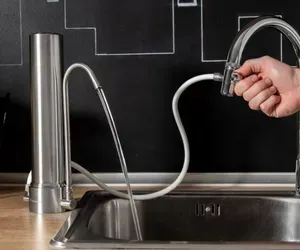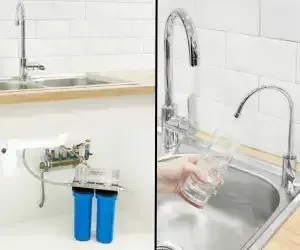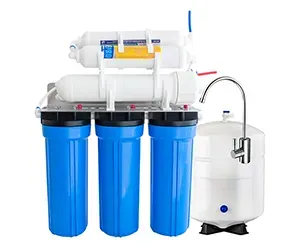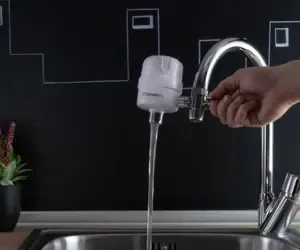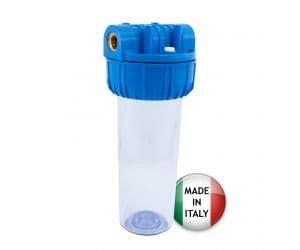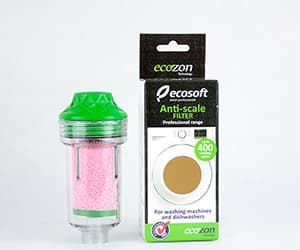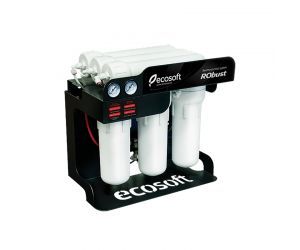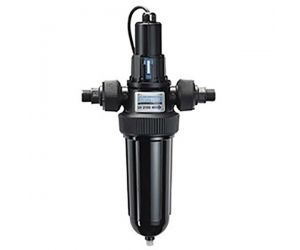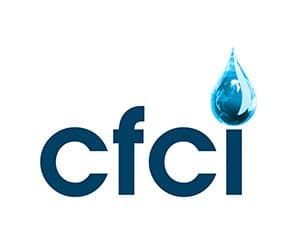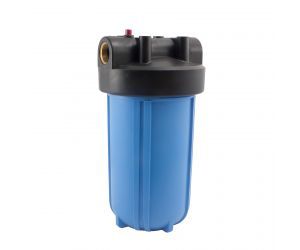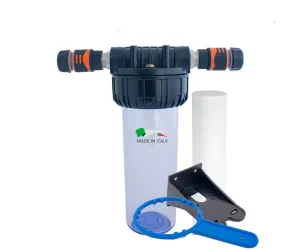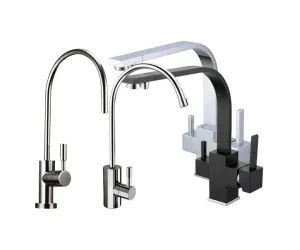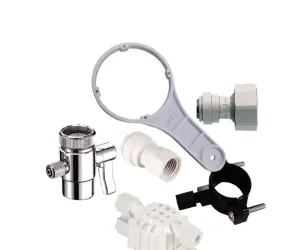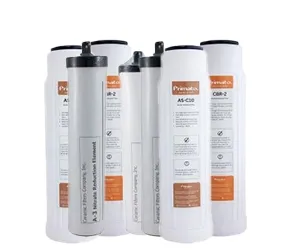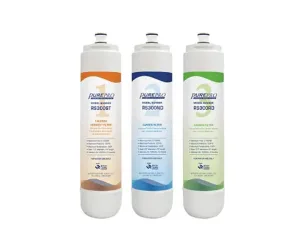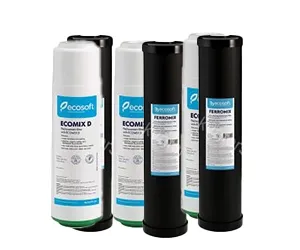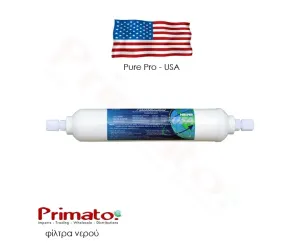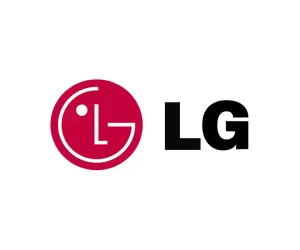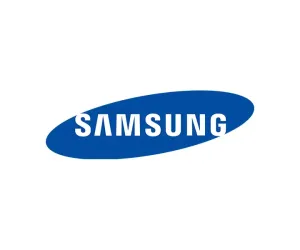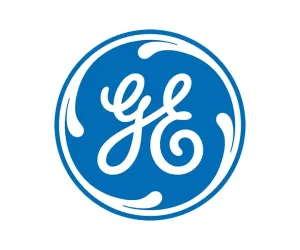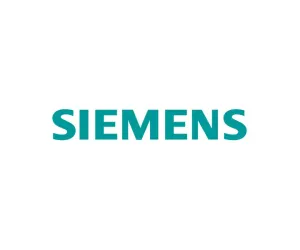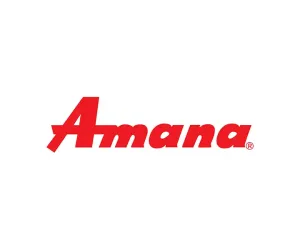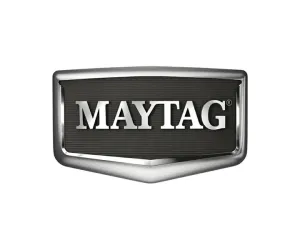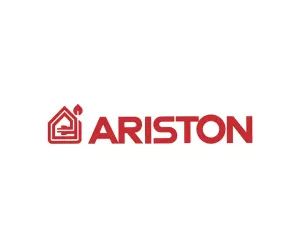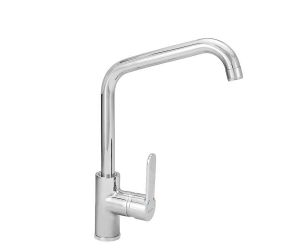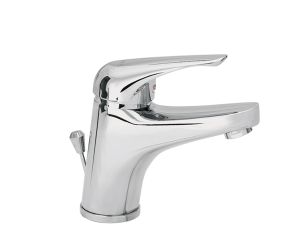The bankruptcy of water
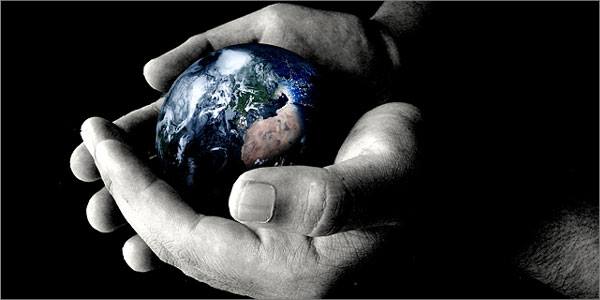
Although water is reducing year by year and scientists are sounding the alarm, there are others who think further or somewhat untimely. In the midst of all this chaos that someday we may be left without a drop of drinking water, economists come to add one more problem: that water is basically free.
I'm sure this will surprise you as you regularly receive a monthly bill from your respective water utility. But economists are basically right. In most parts of the world, residents only pay for the cost of water supply to their homes, businesses, etc., that is, the cost of electricity to run it through distribution pipes, sewage treatment, or the construction of a reservoir for water storage. The water itself is free.
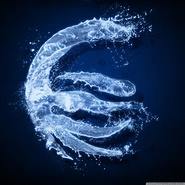
When a product is in demand but there is not enough stock available in the market, then its price can skyrocket, but this is not the case with water. Because it costs nothing, its price does not rise when stock reduces, such as during a drought in the United States, in Russia, in the heart of Africa, such as in Zaire and Uganda, or throughout India. In the language of economists, water does not have "price signal".
As a result, water sources usage is free of one of the most powerful constraints on human behavior, however, to the humans' detriment.
We have all seen the power of "price signal" when the cost of gasoline rises at a gas station. Gasoline consumption falls sharply. The high price of gasoline is so powerful that the sales of hybrid and gas cars with high energy efficiency rise.
It's really painful to pay more for everything these days, but when we are forced to use something less, we do so. This can help anyone better understand what real lack is.
Without this "price signal", the use of water is completely out of control in many parts of the world. We are witnessing a "tragedy of the commons" as the ecologist Garrett Hardin so scientifically put it in the journal Science in 1968. For those unfamiliar with the "tragedy of the commons", it is a dilemma that arises from the situation in which many people can destroy a common limited resource, even if it is clearly not in anyone's long-term interest for this to happen.
The result: The once mighty rivers such as the Colorado River, the Yellow River, the Darling River and the Ganges are now dry or the water is running slowly. In addition, the once huge aquifers such as the US Ogallala and the Arabian in Saudi Arabia are drying up quickly.
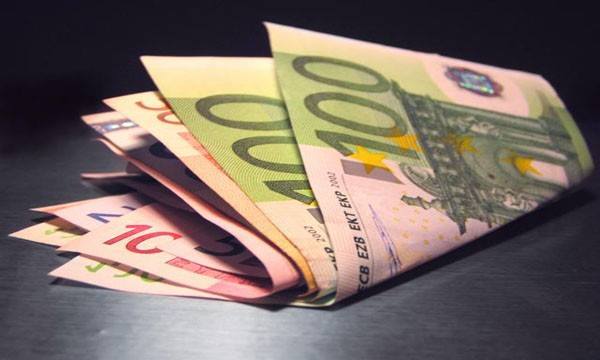
If you ask an economist for a solution to a problem, you can bet that the answer will definitely include money. Economist David Zetland, in his book The End of Abudance, advocates the imposition of a premium on scarcity and pricing - an analog scale that makes water more expensive as it becomes more scarce, as a way to avoid future water shortages.
Of course, there are other ways to manage water responsibly and sustainably, besides increasing costs. As we have mentioned before, each one of us can contribute to this cause. For example, by installing special water filters at home or at the office, we not only save money, but also valuable water, or by checking the plumbing regularly. However, the serious work must be done by governments, which could manage the distribution of water in such a way that its use did not exceed its natural replenishment. To be clear, your bank does not allow you to spend more money than the one in your bank account. But to date, no country in the world has been able to control water bankruptcy.
We could continue enjoying the free gift that nature has given us, that is water. But you can be sure that you will not smile when the sustainable use of water is finally charged. After all, as Benjamin Franklin said, "when it dries out completely, we will know of the value of water".
Primato Hellas, WATER FILTERS, Grigoriou E' 34, PO Box 54248, Thessaloniki, +30 2310 383 588.
It is forbidden to republish all or part of this article without the prior approval of Primato Hellas.
Recent posts
- Larissa Water Filters Store
- Well Water in Greece: What’s Really in It and How to Make It Safe
- NanoMetix 10" 0.01μm Water Filter | Advanced Nanofiltration Against PFAS & Microplastics
- The Future of Water: How Primato Filters are Pioneering New Standards in Water Safety
- Primato's Journey at Aquatech Amsterdam: Building Bridges and Expanding Horizons
- The Journey of Water: From Source to Tap - Understanding the Filtration Process
- What are three way water filter taps?
- Shower water filters
- Commercial water filters for hotels, restaurants and cafes
- The reason why more and more people prefer undercounter water filters
- Zeolites in water treatment
- The water supply network of Athens
- The whole truth about water filters
- Russian water filters with aragonite - Purchase guide
- Choosing and buying a countertop water filter
- I live in Athens. Do I need a water filter?
- Water Filter Prices: Full Guide
- Does filtered water help with allergies?
- 10+ reasons to add more water to your lifestyle!
- Zeolite: A natural mineral in the service of water filtration
- Thessaloniki Water: From the source to the glass
- Meet the Greek Water Filters Manufactured in Thessaloniki
- Water Filters with Zeolites
- Turning a coconut into activated carbon
- Thessaloniki: Which Are The Best Water Filters?
- Tap water in Greece: Is it safe? The problems and the solutions
- How to Choose the Right Replacement Filter
- Ultra filtration and Hollow Fiber Membranes explained
- How hard is water in Thessaloniki?
- Whole house water filter cartridges - How to choose the right one!
- Countertop water filters - What to look for before I buy
- Do I need a water filter if I live in Athens?
- Everything you need to know about tap water filters
- Under-sink water filters - Everything you need to know
- Reverse Osmosis - What is it and how it works
- World Water Day - 22 March
- Primato goes sailing!
- What is the activated carbon found in our water filters?
- What are water filters?
- Reverse Osmosis - Perfect for islands, drilling water and aquariums
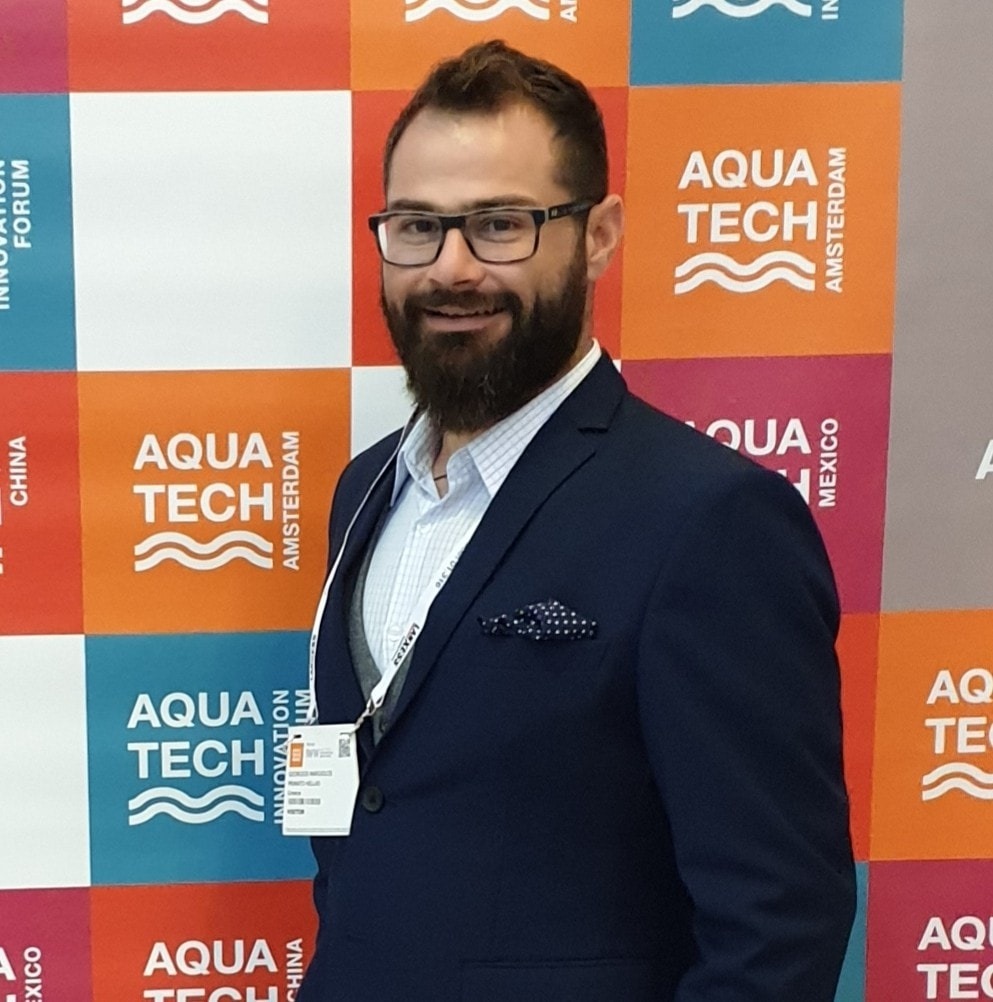
George Margiolos
George Margiolos was born in Thessaloniki and has graduated from the Department of Marketing of the Alexandreio Technological Educational Institute of Thessaloniki. He is fluent in English and (not so fluent) in German.
Ηe has been Project Manager at Avery Dennison - Fastener Division in the UK. There, his main project was to redesign the company's products into new applications so as to become more environmentally friendly. In combination with the fact that in the UK people are more familiar with water filters, he has developed a love for environmentally friendly water filters, which reduce the use of plastic bottles and improving people's quality of life.
Since 2008, he has published over 300 unique educational and informative articles on water filters and new water treatment technologies.
Occasionally, universities and doctoral students request to use George Margiolos' articles in their research because of their quality and uniqueness.
